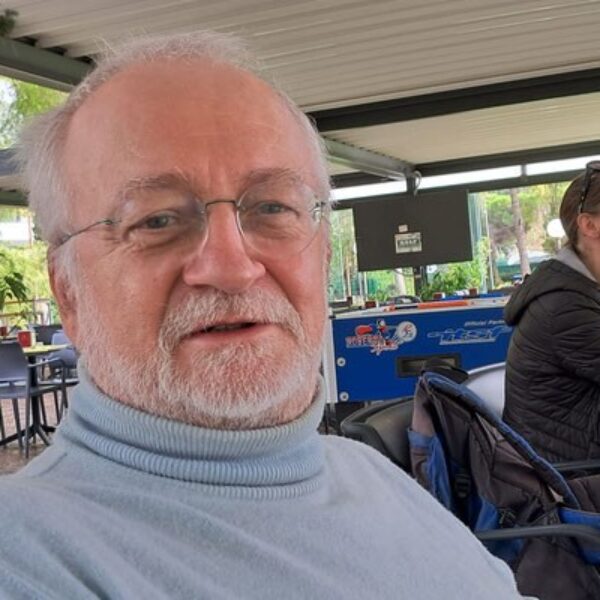Events
-
Il seminario esplora il legame tra competenze digitali e di base, evidenziando come siano interconnesse e reciprocamente costitutive. Le competenze digitali richiedono un ripensamento di quelle fondamentali per un uso critico di tecnologie e IA. Se ben integrate nella didattica, ampliano le capacità degli studenti, pur richiedendo attenzione ai rischi. Le prove INVALSI valutano queste competenze con compiti autentici, offrendo dati utili per politiche educative.More info
-
Experts often choose between numbers and language when communicating estimates. We find that incentives to persuade increase language use by 25–29 percentage points. Experts slant language more than numbers, and receivers are effectively persuaded. Our findings suggest experts leverage language's imprecision to communicate slanted messages, with implications for expert communication in policy and public discourse.More info
-
Il welfare necessita di una revisione che privilegi la prevenzione lungo tutto il ciclo di vita, non solo il pensionamento. Un approccio strutturale deve contrastare povertà e fragilità dall'istruzione alla famiglia, perseguendo vera parità di opportunità ed equità intergenerazionale. Occorre innalzare la consapevolezza individuale e la qualità delle scelte collettive, guardando oltre il breve periodo.More info
-
This seminar presents DiRECT, a novel corporate tax microsimulation model covering 4.3 million firms across nine EU countries (2016-2019). It simulates tax bases, liabilities, and key deductions using accounting data, producing firm-level effective tax rates and book-tax differences. Validated against administrative data, DiRECT enables analysis of tax burden distributions and evaluation of corporate tax reform impacts.More info
-
This talk begins with a brief description of the wealth distribution as a reminder of the extreme level of wealth inequality in Western countries. It then presents results from a real-utopian style proposal for wealth redistribution and discusses its promises and limits, ultimately leading to a push for a new perspective on wealth inequality, namely the question of wealth predistribution, or “what is owned”?More info
-
This seminar explores how workers across 176 occupations perceive Large Language Models—as opportunity or threat—and how these views shape policy preferences. Through a cross-national survey experiment, it explores whether exposure to AI capabilities influences support for economic redistribution, labor protections, and other policy responses to automation.More info
-
A randomized evaluation of an Italian labor market integration program for asylum seekers shows significant success: employment rates increased by 10 percentage points (30% above baseline) over 18 months through personalized mentoring and job placement. The program improved job quality, facilitated formal employment transitions via subsidized internships, and enhanced broader socioeconomic integration including language skills and social networks.More info
-
This seminar explores the Rhomolo model, a spatial CGE framework for EU policy assessment, through three applications: the macroeconomic impact of EU digital investments, regional effects of Horizon 2020 innovation funding, and energy efficiency rebound effects across European regions.More info
-
The seminar explores Italian students' college choices, examining whether future earnings matter more than personal preferences and self-confidence in their abilities. Preliminary results show that these factors have a greater influence on decisions, suggesting that providing information about expected salaries is unlikely to significantly alter students' choices.More info
-
The seminar examines employer abuse of power and the contexts where it is most prevalent. It analyzes an Italian reform that introduced an online system for voluntary resignations, eliminating the illegal use of undated resignation letters. Using a causal analysis, it shows that the reform reduced forced resignations, improved workplace safety, and rebalanced power within firms.More info











